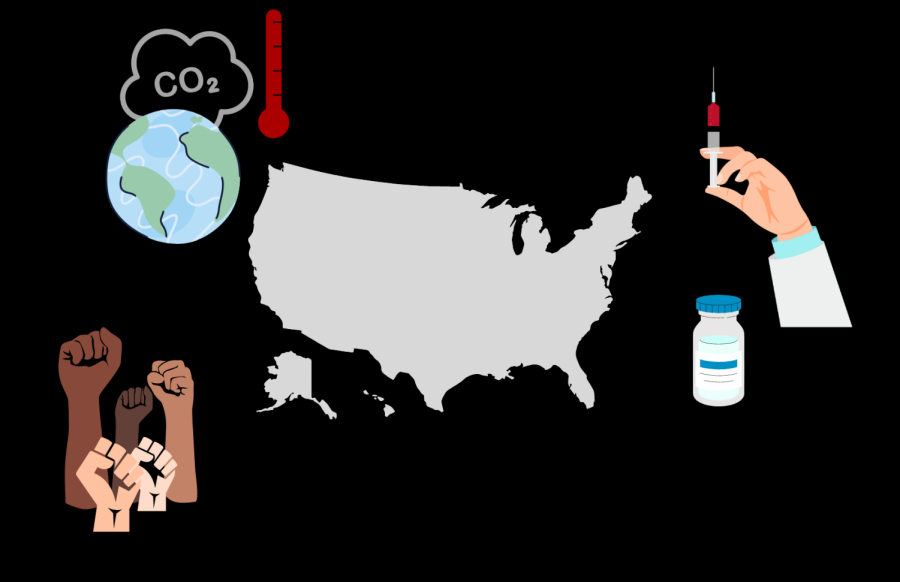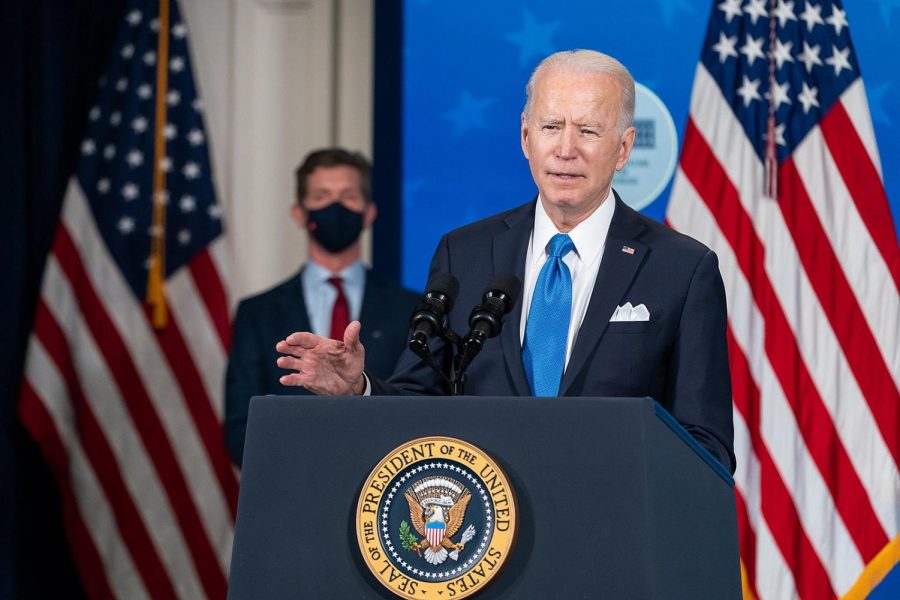
It has been President Donald Trump’s goal to impede illegal immigration from Mexico since he started campaigning for office back in 2015. Due to COVID-19, Trump’s ambitions have become a reality, as he used the pandemic as an opportunity to turn back all immigrants without offering asylum.
Throughout his tenure in office, the Trump administration has actively worked to ban asylum for immigrants, something that has been in international law since a 1951 conference in the United Nations; refugee rights have been in U.S. domestic law since the 1980 Refugee Act.
While his administration initially gained ground with a ban on entry points along the southern border in 2018, a federal court reinstated a block on this asylum ban.
Yet, Trump found a way to get what he desired and has secretly been using the outbreak of COVID-19 to send immigrants from Mexico and Central America back to Mexico. According to U.S. Customs and Border Protection (CBP), the Trump administration has deported almost 10,000 attempted immigrants since March 21.
“What’s happening right now is a public health crisis driven by a global pandemic, which has resulted in a national emergency declared by this president to protect the health and safety of every American in this country,” said Mark Morgan, the acting commissioner for the CBP.
Despite the reason for this action being health-related, the “closing” of the border effectively completes what Trump had previously started.
Aaron Reichlin-Melnick, the Policy counsel for the American Immigration Council, recognizes that this pandemic gives the government all the power that they need.
“The administration is able to do what they always wanted to do,” Reichlin-Melnick said.
According to an article by the New York Post, if fear of danger in an immigrant’s homeland is immediate and plausible, they may be offered a “lesser” form of asylum and given a screening for COVID-19.
Even though this action is underway because of health concerns, many people, including Reichlin-Melnick, are worried that the border closing could last a significant time into the future.
“I don’t see this slowing down,” Reichlin-Melnick said.










